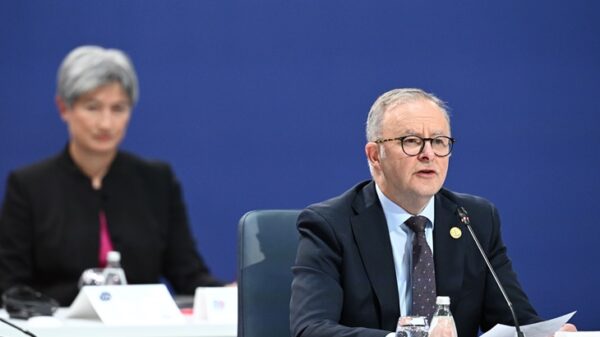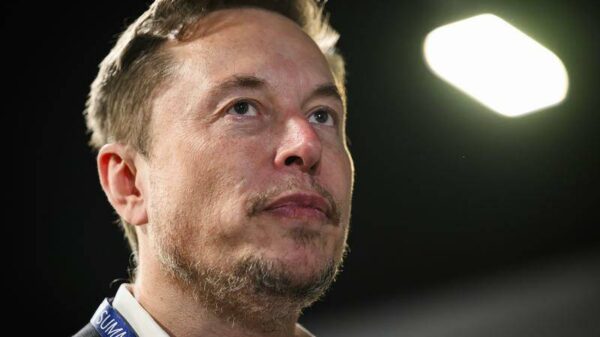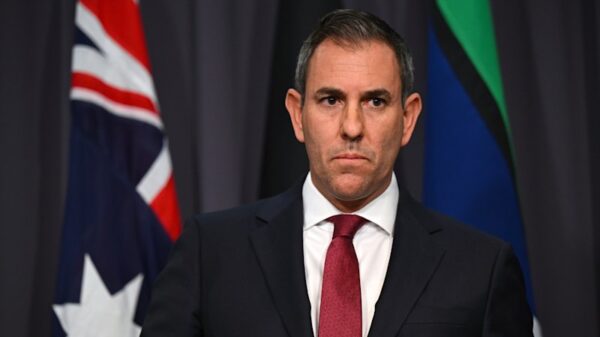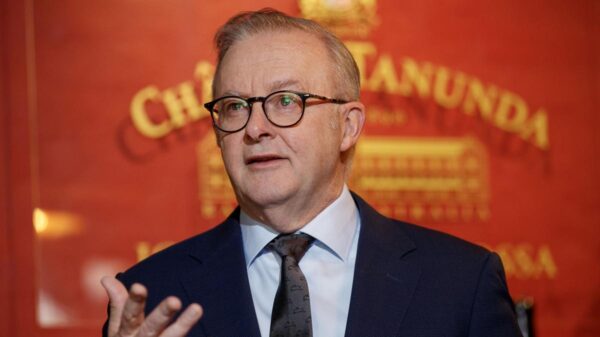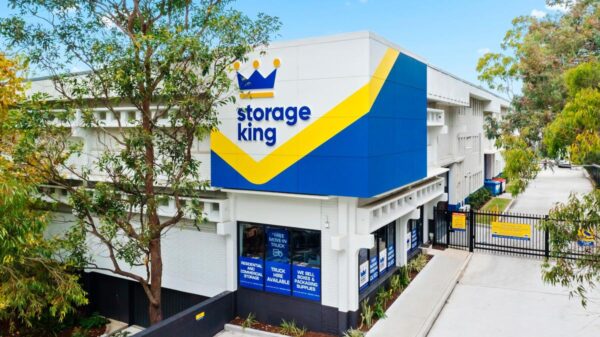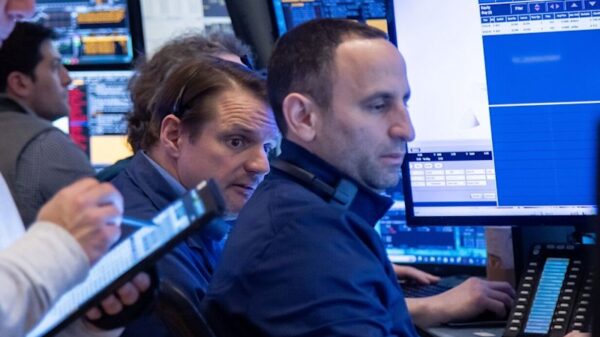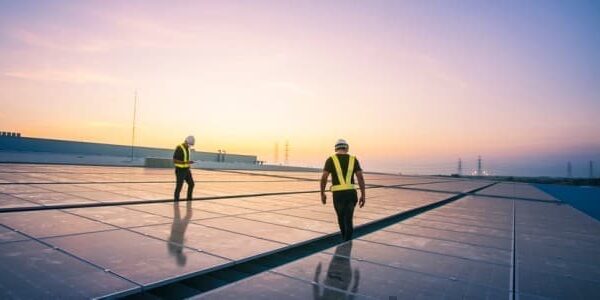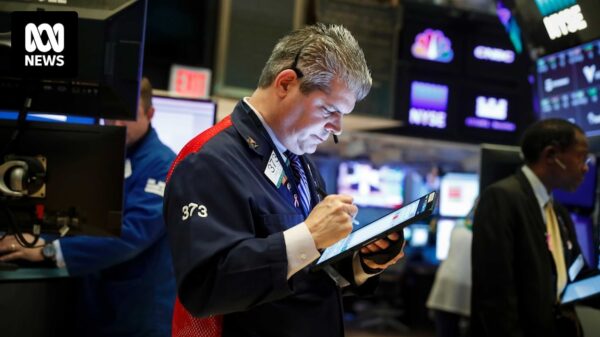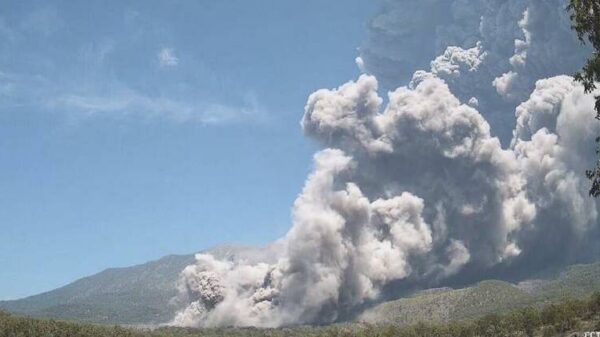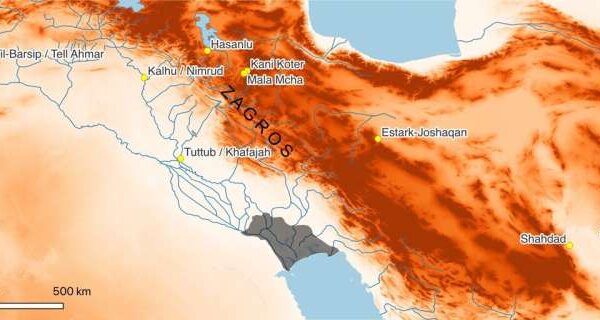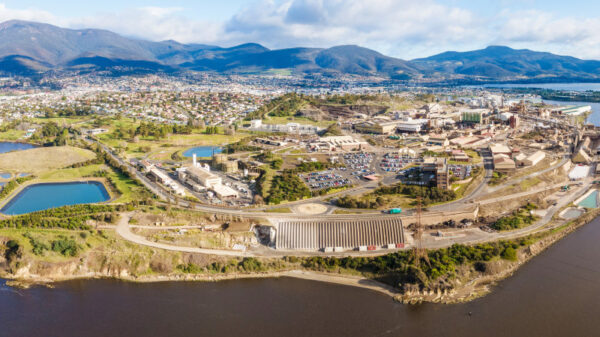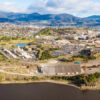Prime Minister Anthony Albanese is set to embark on a significant six-day trip to China starting March 15, 2024. The visit will include meetings with Li Qiang, China’s Premier, and Xi Jinping, the President of China. This trip comes at a crucial juncture for Australia, as it navigates the complexities of its relationship with a nation that serves as both a vital economic partner and a strategic competitor.
Albanese’s primary focus during the visit will be on enhancing economic ties. China remains Australia’s largest export market, and the two countries have seen a resurgence in trade following a period of strained relations. In April, Australia recorded its highest beef exports to China, signaling a recovery in bilateral trade. Albanese will be accompanied by a delegation of business leaders from sectors such as finance, resources, agriculture, and education, all eager to tap into China’s growing middle class.
Addressing Trade and Investment Challenges
While the Australian government emphasizes “stabilization” in its approach to China, it faces limits on how far it can engage, particularly regarding sensitive topics like technology and investment. During a recent meeting, Xiao Qian, China’s Ambassador to Australia, proposed expanding the free-trade agreement to include emerging fields such as artificial intelligence (AI). Albanese, however, remained non-committal, reflecting Australia’s cautious stance on deeper technological integration with China, especially given the geopolitical context shaped by the Trump administration.
According to Richard McGregor from the Lowy Institute, Australia is unlikely to integrate Chinese technology into its critical infrastructure. He noted, “China’s not a trusted security partner for Australia, so engaging too much is really out of bounds.” This sentiment underscores a broader concern regarding national security and the integrity of Australian systems.
Albanese’s administration has also committed to maintaining control over sensitive assets, particularly the Port of Darwin. The government plans to transfer ownership from the Chinese company Landbridge to an Australian entity, a move that has drawn criticism from Beijing. Treasurer Jim Chalmers reaffirmed this commitment, stating that the government will methodically work toward fulfilling its election promise.
Navigating Geopolitical Tensions
The backdrop of Albanese’s visit is further complicated by ongoing geopolitical tensions. Australia is wary of China’s expanding military presence in the Pacific and its increasingly assertive stance on Taiwan. The recent activity of the People’s Liberation Army Navy near Australian waters has heightened concerns about China’s intentions in the region.
Simultaneously, Australian security agencies report ongoing challenges posed by Chinese attempts to compromise the nation’s critical infrastructure. The plight of Australian citizen Yang Hengjun, who remains imprisoned in China, adds a human dimension to the bilateral strain.
Despite these challenges, Albanese is expected to address climate cooperation, a significant area of mutual interest. Penny Wong, Australia’s Foreign Minister, highlighted the necessity of engaging with China on global issues, including climate change. With China being the world’s largest emitter and a leader in renewable energy production, Albanese’s discussions will likely include opportunities for collaboration in green energy.
As noted by Caroline Wang from Clean Energy Finance, China’s dominance in the electric vehicle market and solar panel production makes it essential for Australia’s own emissions reduction goals. “We need access to Chinese technology and industrial capability,” she stated, emphasizing the potential for pragmatic cooperation.
The looming presence of Donald Trump’s tariff agenda also complicates matters. The former U.S. President’s unpredictable policies could significantly impact Australia’s trade relationships, adding pressure on Albanese to navigate these waters carefully. McGregor pointed out, “We’re getting it from both sides,” highlighting the delicate balance Australia must maintain between its two major trading partners.
As Albanese prepares for this high-stakes visit, the outcomes will likely influence not only Australia’s economic landscape but also its strategic position in the Asia-Pacific region. The Prime Minister’s ability to tread this perilous path will be closely monitored by both domestic and international observers.


